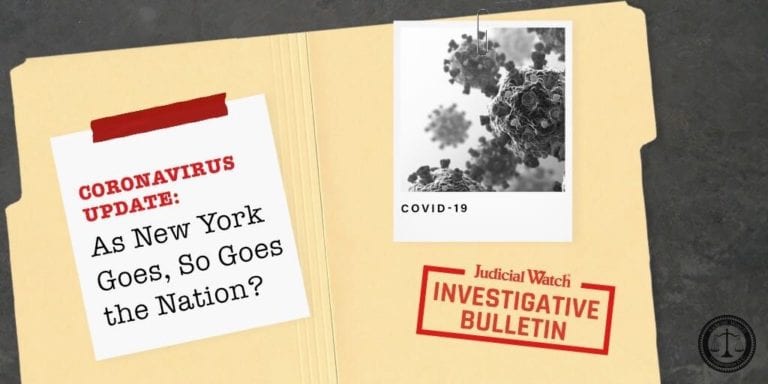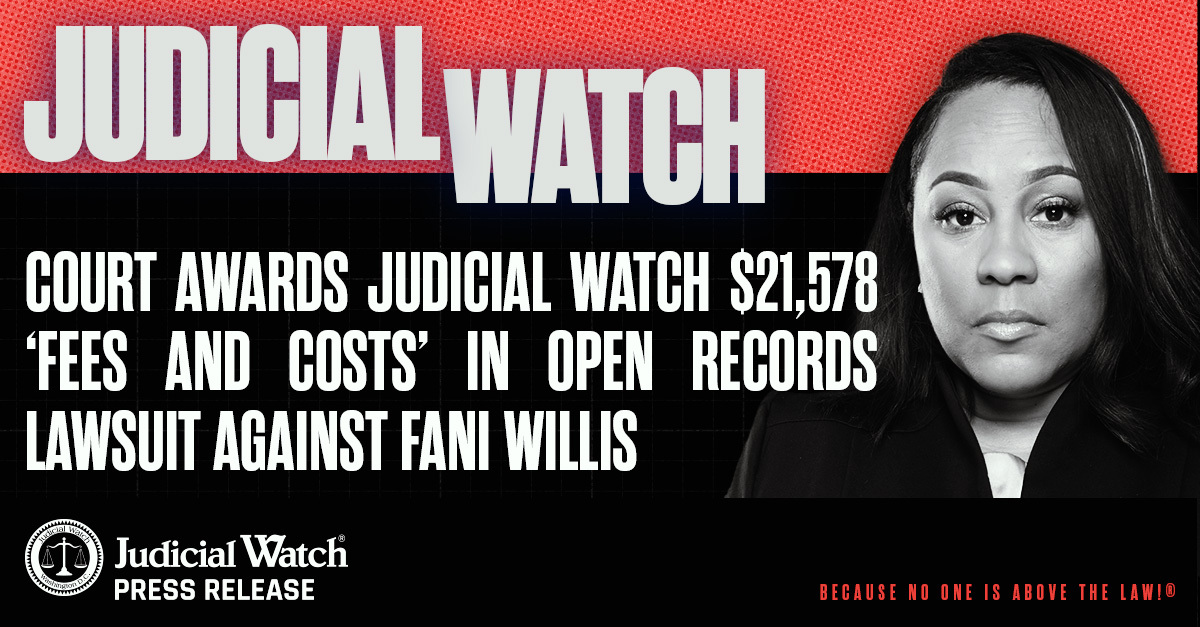

Coronavirus Update: As New York Goes, So Goes the Nation?


As New York City goes, so goes the nation? That’s the big question from America’s largest city as we enter the second month of the coronavirus pandemic. New York is at the epicenter of the crisis. The grim numbers change fast. As of March 31, reports show more than 40,000 cases, with 932 fatalities, in New York City. The figures for New York State are 75,000 cases, with 1,550 deaths.
Yesterday, the White House made headlines with a projection of 100,000 to 240,000 possible deaths nationwide from the virus. The Centers for Disease Control say we are “in the acceleration stage of the pandemic,” with 163,000 cases and 2,860 deaths. We are warned: April will be a very cruel month.
The jury is still out on how far and how fast the virus will spread in many parts of the country, but in New York City the verdict is in: death is on a rapid march. The virus takes the rich and the poor, the famous and the obscure, the mother, father, brother, sister, the firefighter, the cop, the schoolteacher, nurses, doctors, our neighbors, our friends. Read about them here, and here, and here.
The city is flooded with bad information. It’s difficult to split real news from fake, fact from rumor, truth from Twitter. Are we really running out of ventilators or will reinforcements arrive in time? What about masks? We learn about PPEs. Will there be enough? We learn about the curve. Is it flattening? We learn about HC—hydroxychloroquine. The longtime malaria drug shows some success in fighting off the virus, why can’t we get it to front line personnel? When will the kids go back to school? When will adults go back to work? Recession or depression?
The coming weeks will provide answers to these questions and shape the national debate over pandemic response and the role of government. We are all getting a lesson in federalism. We are all hearing way too much about the 1918 Spanish Flu epidemic. In New York, continuing a political blood feud, the two dominant figures in local politics—Governor Andrew Cuomo and Mayor Bill de Blasio—have been jockeying for leadership of the crisis response. Not coincidentally, this positions them for roles in the national debate as well.
Cuomo has the upper hand. His daily press briefings have been a smashing success—so much so that fans have advanced the notion that he might wrest the Democratic presidential nomination from Joe Biden. But that’s pure fantasy. New Yorkers find his tireless commentary reassuring in a crisis, but it will wear thin when life returns to some semblance of normal and the Left remembers all the reasons it dislikes him, including the crony corruption in Albany, his cuts to hospitals, his plan to slash Medicaid, opposition to the Sanders/AOC wing of the party, assault on transparency, and penchant for micro-managing and domineering governing.
The governor also has benefited from the terrible performance of New York Mayor Bill de Blasio in the crisis. De Blasio has stumbled through the pandemic. He came under sharp criticism for dithering in early March about whether to issue orders limiting social interactions, initially rejected the advice of medical professionals and prompting a staff revolt and threats of resignations. He delayed closing New York City schools while alarm rose among parents and educators; finally, Cuomo forced his hand. He was ridiculed for traveling from Gracie Mansion, the mayoral residence on the Upper East Side, to Brooklyn to work out at his favorite gym just hours before closing all gyms across the city. He got in more trouble for advocating trips to bars and Broadway at the same time local officials were trying to implement new guidelines limiting social gatherings. Last week, the mayor and his wife were photographed taking a walk in the park—Prospect Park in Brooklyn, eleven miles from Gracie Mansion—while New Yorkers were being told to shelter at home.
The pundits note that at 62, Cuomo can wait on a presidential bid. Term-limited out of the mayoral office in less than two years, de Blasio is looking for a leadership role in the progressive wing of the Democratic Party. But for both men, the future is being written right now. The price of failed leadership will be steep.
***
Micah Morrison is chief investigative reporter for Judicial Watch. Follow him on Twitter @micah_morrison. Tips: [email protected]
Investigative Bulletin is published by Judicial Watch. Reprints and media inquiries: [email protected]
–Conc: All that lies ahead. Incinerated in the fires of the virus?















